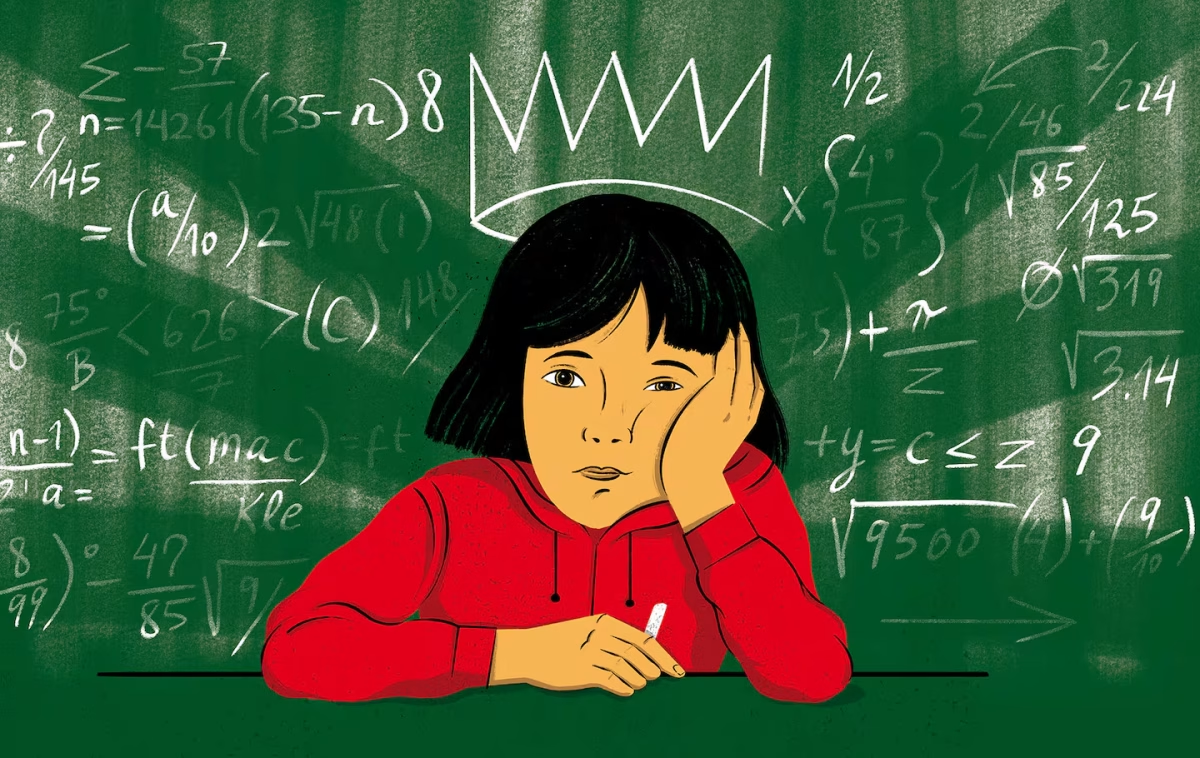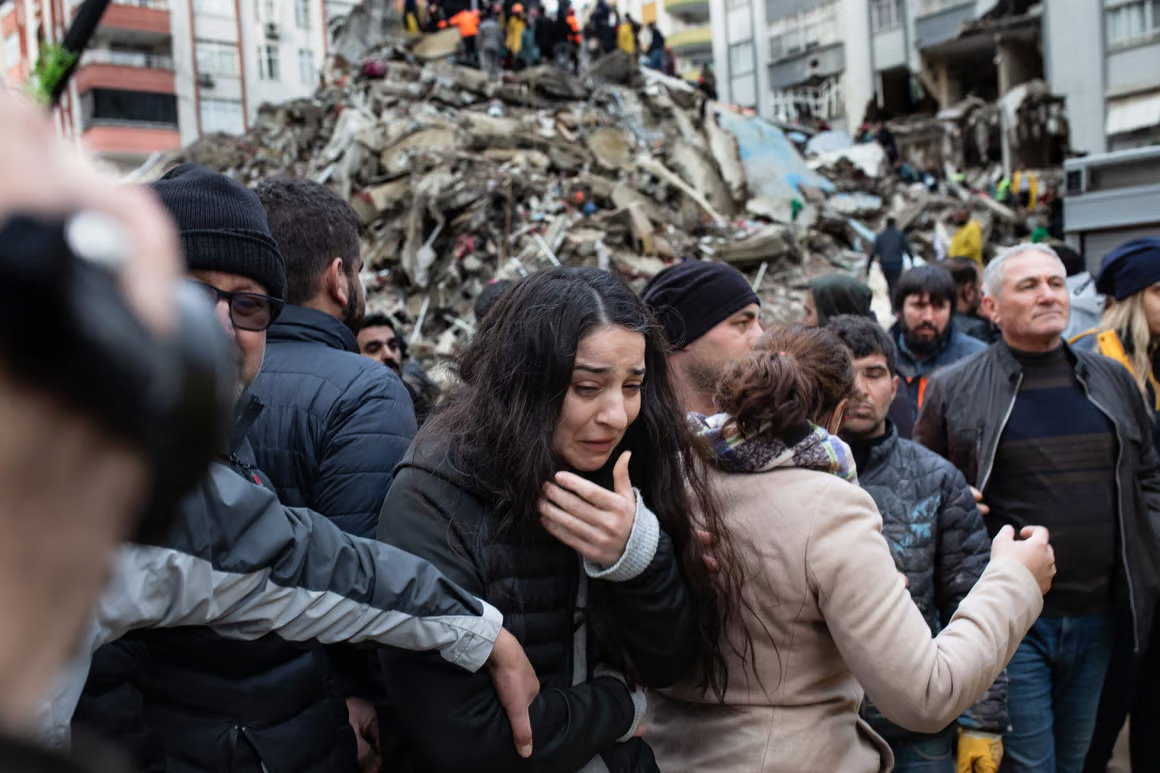On February 6th, 2023, a devastating earthquake with a magnitude of 7.8 hit southeastern Turkey and northern Syria, both densely populated regions. The death toll has now surpassed 47,000 people, as rescuers are still pulling civilians from the rubble of collapsed buildings.
This is Turkey’s deadliest earthquake since the early 1900s. It has destroyed whole neighborhoods in the cities of Gaziantep and Kahramanmaraş and the ones nearest to the epicenter in Turkey. Many nations from around the world have assisted both countries by sending aid and rescue teams to the affected sites.
Earthquakes with catastrophic effects may lead to a number of aftershocks with a lower magnitude. However, this earthquake was followed by an aftershock only hours after the first major hit, with an alarming magnitude of 7.5
The aftershock was devastatingly close to the magnitude of the primary earthquake. Consequently, people in both Turkey and Syria were subjected to collapsing buildings and a higher rate of deaths.
This humanitarian crisis has not only caused the deaths of thousands of innocent people, but has also tested the extent to how the world reacts towards people in need. The death toll in Syria has reached approximately 5,500 people; Turkey, meanwhile, has an even larger death toll of over 35,000 people. These numbers are only expected to grow. In response, many nations have been providing aid for both nations, yet Syria has not received the same aid or attention Turkey has. After a 12-year civil war that is still ongoing, the Syrian people have suffered a great deal and the deaths from this earthquake are another burden for them to bear.
Both the United States and European Union have stalled in intervening or helping the dying people of Syria, and the United Nations has been slow to answer the cries of Syrian civilians. “U.S. sanctions will not stand in the way of life-saving efforts for the Syrian People,” said deputy secretary of the treasury Wally Adeyemo. The U.S. claims that they will send aid to the Syrian people by lifting the sanctions on Syria for 180 days. However, humanitarian aid to Syria has been stymied by demands of the Assad government and effects of the war. Furthermore, “[T]he US move is more about reassuring banks and other institutions that they will not be punished for rendering assistance,” according to The Guardian.
Yet in the midst of all the turmoil, compassion for fellow humans in suffering has been spreading across the globe. The drive to help has been propagated through the use of charities for raising money, clothes and supply donations, and the spreading of awareness to people who do not know of the severity of the disaster. There are many influencers going out of their way to help as much as possible, such as Khaled Beydoun, who uses his platform to spread awareness and collect money for those affected.
Fort Hamilton High School kept a donation box in the lobby to collect certain items to send to the Syrian and Turkish people in their time of need. They collected a total of 500 pounds of clothes. Whether it be social media influencing or the spread of awareness through school announcements, the diligence of humanity to unite and act in assisting their hurt counterparts offers hope to the affected and offers them beacon of light to guide them through this tragedy.




























